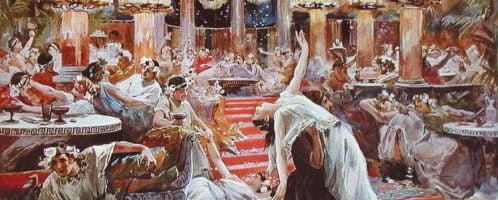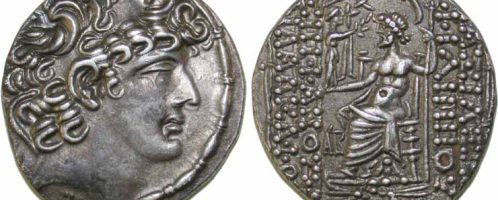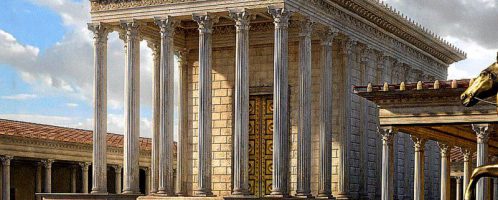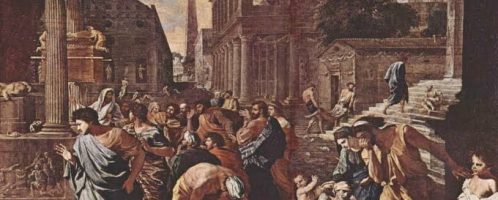The purpose of this text is to introduce a little symbolism and also to take a closer look at one of the most terrifying punishments of the Roman judiciary. Poena cullei, or the so-called punishment of the sack, is most commonly known as the one suffered by patricides in ancient Rome. The condemned man was sewn up in leather sackcloth with the company of four animals – a dog, a monkey, a snake and a rooster. Then the sack, along with the live contents, was thrown into the river. But this is just one of the harsh faces of Roman justice administered through poena cullei. What else do we know about it?











